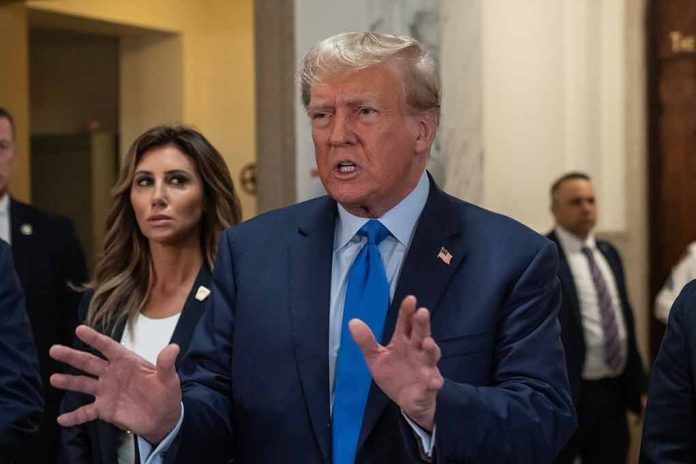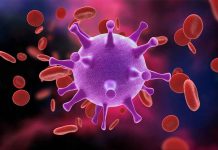
Judge Tanya Chutkan’s decision could shift the dynamics of Donald Trump’s legal and political battle post-election.
At a Glance
- Judge sets November 7 as the deadline for Trump’s response to immunity filing.
- Trump faces four felony counts related to January 6 Capitol riot.
- The Supreme Court clarified immunity only for official acts.
- Smith’s filing argues Trump acted in a private capacity.
Deadline Set for After Election
U.S. District Judge Tanya Chutkan ruled that former President Donald Trump can submit his response to Special Counsel Jack Smith’s filing on November 7, post-election. His legal team initially asked for a later date but were given just after the election day, impacting the political environment. This decision is pivotal, as it intertwines his extensive legal challenges with the imminent presidential election, holding the potential to sway current political narratives.
Judge Chutkan partly unsealed Smith’s filing which asserts that Trump’s alleged acts are personal and not official duties. This court decision follows the Supreme Court’s prior clarification that former presidents retain immunity only for official acts during their tenure. Jack Smith’s detailing of Trump’s actions reframes his legal battles, emphasizing allegations of private actions in his scheme to overturn results from the 2020 presidential election.
JUST IN: Judge Chutkan has agreed to let Trump file his response to Smith's big immunity filing after the election. Trump had asked for late November, but Chutkan split the difference and gave him until Nov. 7.
Could be the day the race is called, if it's close. pic.twitter.com/7xrHmXyh2a
— Kyle Cheney (@kyledcheney) October 3, 2024
Trump’s Response and Legal Context
Trump counters these allegations as politically motivated, maintaining his plea of not guilty. In Smith’s 165-page brief, he explains, “When the defendant lost the 2020 presidential election, he resorted to crimes to try to stay in office.” The court’s timeline, therefore, grants Trump’s team two weeks post-election to articulate their comprehensive rebuttal. Chutkan also designated November 21 for the special counsel’s reply to Trump’s response.
The broadened timeline enables both parties to navigate the complex legal proceedings with detailed submissions. Trump’s criticizing Smith’s filing as a “falsehood-ridden” document, allegedly intended to sway the presidential race, underscores the contentious legal and political chess game unfolding.
Implications for 2024 Election
Legal experts suggest Trump’s pre-trial arguments may not unfold before the 2024 election. Prosecutors assert Trump acted outside official capacity during these felonious allegations. Their comprehensive brief claims, “the defendant launched a series of increasingly desperate plans to overturn the legitimate election results.” As Trump’s legal battles progress, the intertwining of legalities and politics draws the nation into defining the electorate perception of justice and power. “At its core, the defendant’s scheme was a private criminal effort,” the special counsel writes. “In his capacity as a candidate, the defendant used deceit to target every stage of the electoral process.”
This court ruling and its outcomes could resonate beyond legal arguments, potentially influencing election narratives and voter sentiment. As developments continue, attention remains fixed on the unfolding legal processes and their intersection with America’s political landscape.
Sources:
- Prosecutors lay out new evidence in Trump election case and accuse him of having ‘resorted to crimes’













